Today, more and more teachers are aware of Open Educational Resources (OER) and how OER can enhance instruction for little or no cost. However, many teachers may not be as familiar with the latest enhancement in OER: standards-aligned video content. In the spring of 2017, Study Edge was privileged to team up with the Texas Education Agency to develop videos and study guides covering each and every standard in Chemistry, Physics, Precalculus, and Statistics. These open-source materials are now available free of charge for all Texas teachers through the Texas Gateway.
All materials are aligned with the state standards (Texas Essential Knowledge and Skills (TEKS)) and are composed of a video “book” that may be used to teach an entire course or to supplement traditional textbooks. The edtech company Study Edge creates high-quality, engaging instructional videos, study guides, and other content and technology in partnership with colleges and universities, individual schools and school districts, and state and federal agencies. Current partners include the State of Florida, the State of Mississippi, the State of Michigan, the State of South Carolina, and the New York City Department of Education, as well as more than 200 colleges and universities across the country; over 1,000,000 students have benefited from Study Edge’s resources, both inside and outside of the classroom.
This partnership between the Texas Education Agency and Study Edge is an indication of the bright future of Open Educational Resources. In addition to textbooks and curricula, OER is now interactive content that can enhance and even transform classroom instruction at no additional cost to schools. Study Edge is thrilled to be a part of this movement.
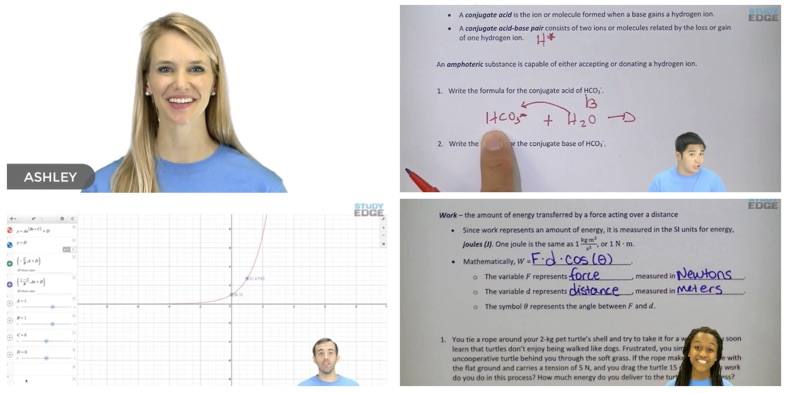
What is a Study Edge video?
Study Edge produces highly-engaging, short educational videos featuring master teachers (Study Experts). Study Experts are full-time staff of Study Edge and include certified teachers (from various states), former university and community college professors, and former college learning center and university athletic association tutors. Click here to see a sampler of the videos developed for Texas students and teachers.
How can educators use Study Edge videos?
The Study Edge videos developed with TEA are designed to be flexible in use, allowing each teacher to customize the experience for the needs of his or her unique classroom. The videos cover all the standards and deliver content through an exciting and effective medium that keeps students engaged. Teachers can also use this content to supplement traditional textbooks to help students be more successful in their most challenging courses. There are many ways to use Study Edge videos to enhance instruction, and we encourage teachers to think of the Study Experts as their “virtual co-teachers.” You can rely on them both inside the classroom and when students go home at night.
Suggested Uses of Study Edge Videos
Here are some of the ways schools can use the videos:
- Whole class instruction: Videos can introduce a new topic to the whole class while the teacher surveys the room for understanding. If there is a particularly difficult question, teachers can pause the video and review it with the class.
- Differentiated instruction: Videos can catch students up or keep others challenged and engaged by letting them move ahead.
- After-school support: Great for tutoring and homework help, especially if the after-school tutor isn’t perfectly familiar with the subject.
- Flipped or blended classroom
- Teacher professional development
- Test prep and review (including boot camps)
- Substitute teachers
- Any way that works for you! Teachers are constantly coming up with new and innovative ways to incorporate Study Edge videos into their classrooms.
Mexia High School
As one example, a physics teacher from Mexia High School in Mexia ISD has used the videos as a way to introduce a concept. He will show a video at the beginning of class to start a discussion, then use the rest of the day’s classroom time to work through the concept or concepts.
How do teachers access the Study Edge videos?
There are a couple of ways that teachers can access the free Study Edge videos and study guides:
1) Through the Texas Gateway:
- Once on the Gateway’s website, search “Study Edge’”in the top search menu and you will see a “book” for each of the four courses. You don’t have to use the whole book; you can use any “page” in the book very easily.
- Each book is composed of chapters, each containing three to ten concept videos.
- Under each video is a link to download (and print, if you’d like) the study guide PDF for that chapter (one PDF exists per chapter), which students can fill in as they follow along with the videos.
2) Through the Study Edge Chrome OS app: Click here for directions on how to download the app from Google Play to a compatible device.
- Open the Study Edge Chrome OS app.
- Select the appropriate subject from the dropdown menu.
- Once you have selected a subject, you will see folders below a video player, one for each chapter. Inside each of the folders is a study guide PDF that can be downloaded and printed that students can fill in as they follow along with the videos in that chapter.
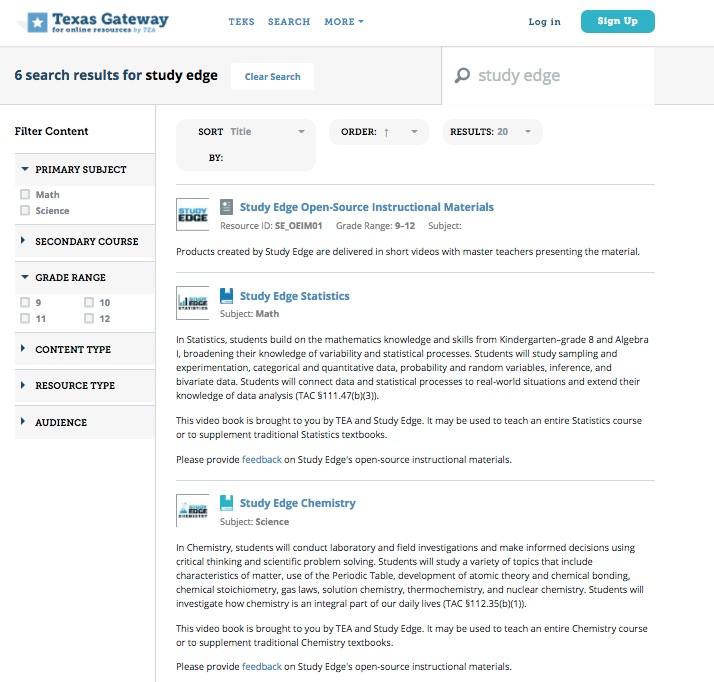
You can also download the instructional flyer with information about accessing Study Edge material on the TEA Gateway.
Questions about Study Edge or their Partnership with TEA?
Please reach out with any questions, comments, or ideas to Study Edge! Don’t hesitate to send us an email…we’ll get back to you promptly! texas@studyedge.com.
This blog was written by Ethan Fieldman, the founder and president of Study Edge, based in Gainesville, Florida. More than 1,000,000 middle school, high school, and college students have enjoyed higher academic achievement through Study Edge-powered online supplemental instruction. An inventor with three patents and published educational researcher, Ethan also won the inaugural $50,000 Cade Prize for Innovation and was named to the White House’s Empact 100 in 2012 — the top 100 entrepreneurs in the United States, aged 30 and under. In his free time, Ethan enjoys reading (about education and technology), as well as spending time with his wife and son.
Photo Credit: Photo by Ben Kolde on Unsplash

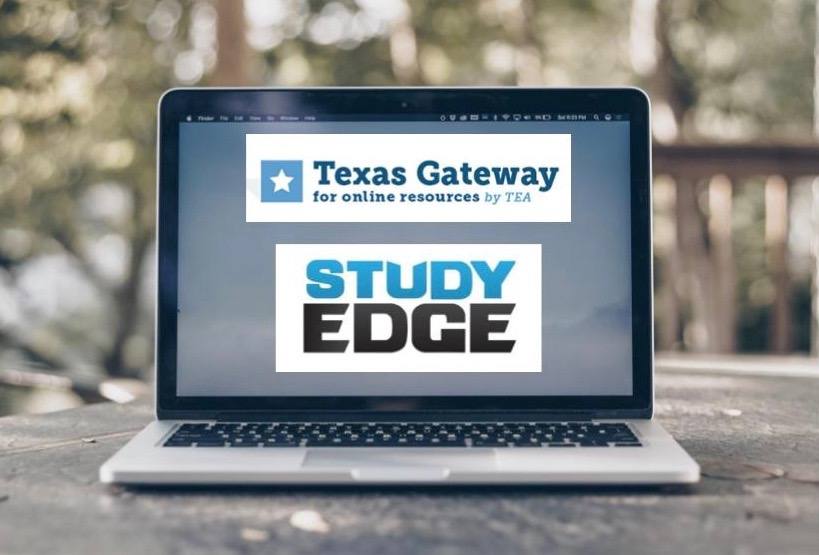
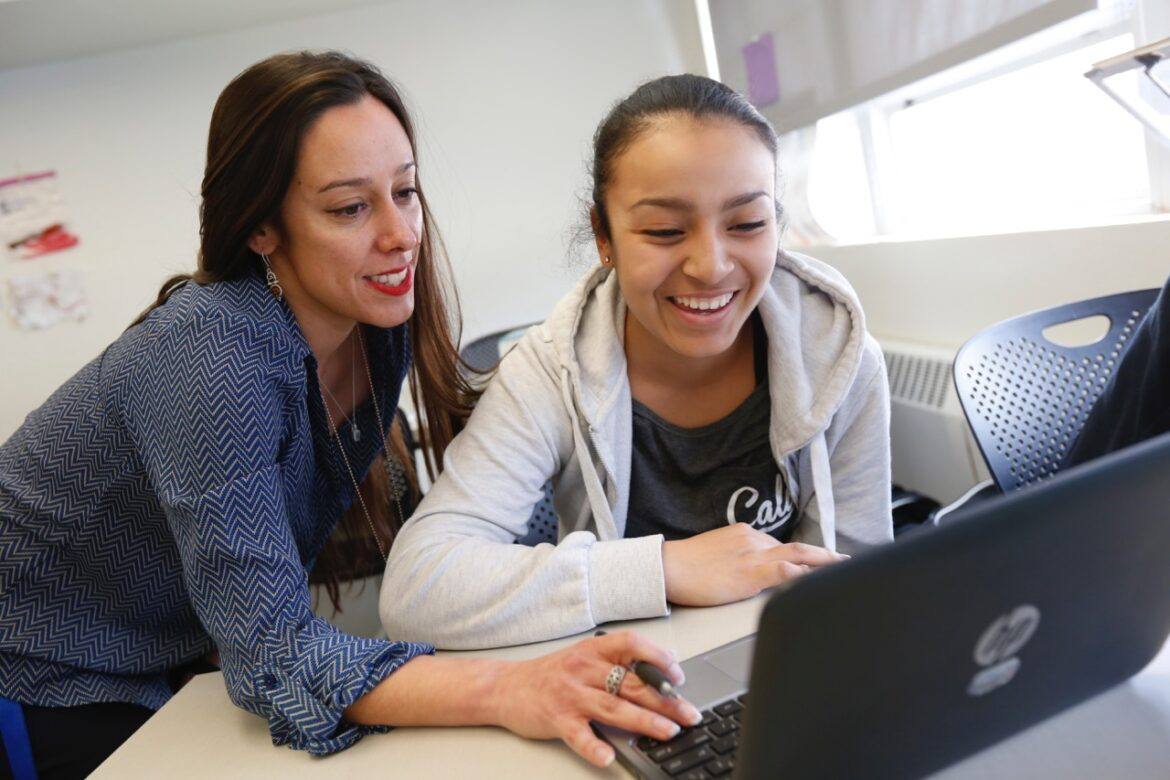
 Our district’s journey into OER had begun. During that meeting, I was tasked with finding out how our district could save money by creating our own textbooks using as many OER materials as possible. The district had just gone through the adoption process for science instructional materials and had estimated it would cost close to $2 million for 18,000 students. What if we could use that textbook money in another way? Perhaps to purchase technology for students?
Our district’s journey into OER had begun. During that meeting, I was tasked with finding out how our district could save money by creating our own textbooks using as many OER materials as possible. The district had just gone through the adoption process for science instructional materials and had estimated it would cost close to $2 million for 18,000 students. What if we could use that textbook money in another way? Perhaps to purchase technology for students?

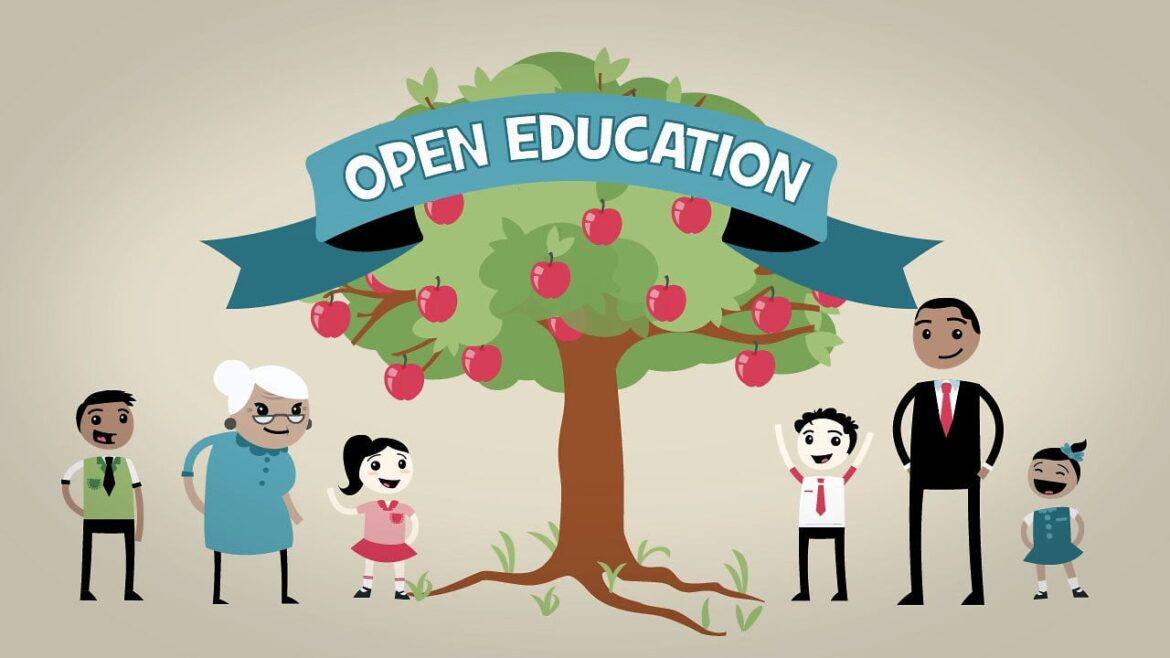
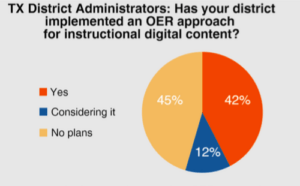
 In addition, the state budget for the next two years includes $20 million for the state to arrange for an outside entity to produce open educational resources for the state’s use. It is expected that TEA will begin with instructional materials that meet the specifications for the English Language Arts adoption that will be implemented in the 2019-2020 school year. This would give districts the ability to use high-quality OER materials for this adoption, which has the potential to save them money.
In addition, the state budget for the next two years includes $20 million for the state to arrange for an outside entity to produce open educational resources for the state’s use. It is expected that TEA will begin with instructional materials that meet the specifications for the English Language Arts adoption that will be implemented in the 2019-2020 school year. This would give districts the ability to use high-quality OER materials for this adoption, which has the potential to save them money. 

